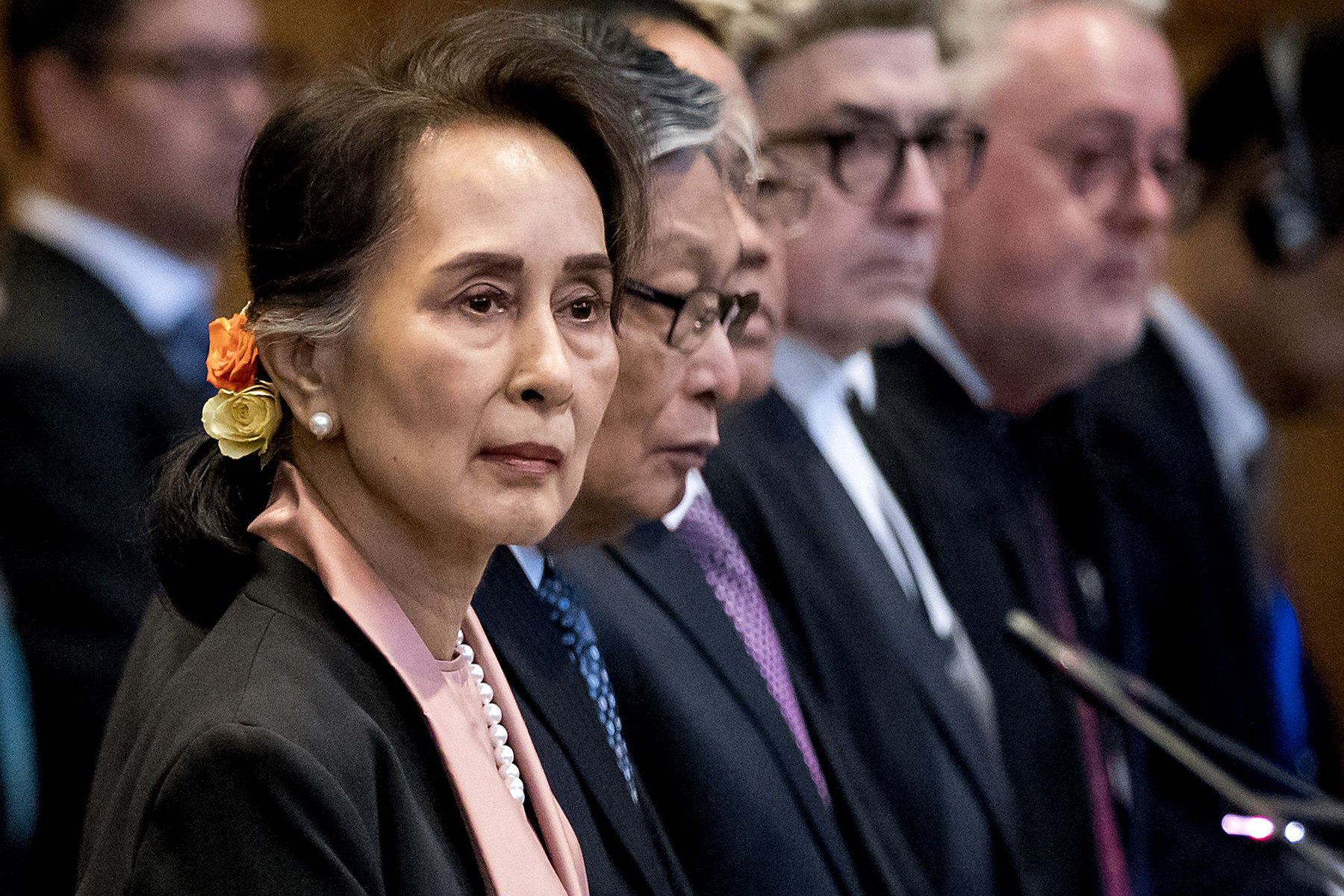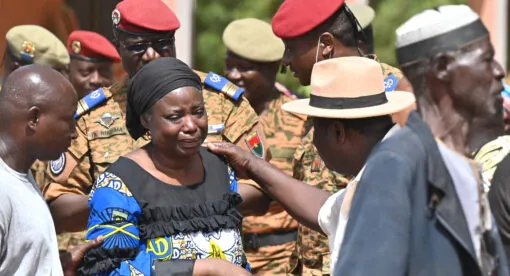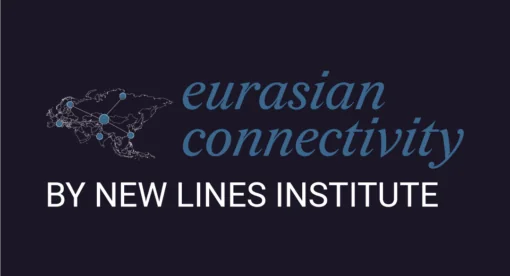A court order for Myanmar to prevent further genocide of the Rohingya could give China and Russia a chance to undermine the basic tenets of international law.
The International Court of Justice (ICJ) ordered Myanmar to take urgent actions to prevent the further genocide of the Rohingya people. The court demanded that Myanmar actively seek to prevent genocide (under all definitions of that term) against the Rohingya; prevent the country’s military and paramilitary groups from carrying out, conspiring to carry out, or inciting genocide; preserve all evidence related to the allegations of human rights abuses in the affected region; and report on the situation every six months through ICJ proceedings.
The Jan. 23 ICJ decision sets up an ongoing dispute in the U.N. Security Council that could have consequences for the future application of international law as a medium for geopolitical power plays. China and Russia could exploit the Myanmar situation to undermine the legal and humanitarian assumptions that form the basis of the U.N. Charter. The West may have to enforce the letter of international law to block China or Russia from sabotaging the international legal regime.
Myanmar’s Calculus
The first important aspect of the ruling is the establishment of the precedent that the ICJ, and by extension the U.N. enforcement apparatus, has jurisdiction in this case. This was established not merely by legal fiat in the court, but also politically, when Myanmar’s civilian leader Aung San Suu Kyi unexpectedly volunteered to appear before the court on behalf of her country. Notably, she did so with the blessing of the military establishment, which is the principal party accused of genocide in this case. Suu Kyi came before the court to confess that war crimes had been committed in the conflict between the Myanmar army and the Rohingya, but she denied that the actions of the army constituted genocide.
The Court will likely take years to adjudicate the claims of the Gambia, which brought the legal action, and Myanmar. But in appearing before the court, Suu Kyi recognized the ICJ’s standing to pass judgment on that question. The court took only two months to conclude that there is an ongoing acute risk of genocide being committed in Myanmar’s northwestern Rakhine state against the Rohingya, before getting to the question of whether what has happened so far amounts to genocide.
Suu Kyi, whom the military-dominated regime relies on to deal with the international community, likely convinced the generals that the country was under a lot of international pressure and it was not in their interest to remain defiant on the matter. Myanmar could not simply rely on China’s help, and there was a great risk of sanctions from the Americans and the Europeans. So the regime decided to compromise, acknowledging that its forces engaged in war crimes, to avoid the genocide label, which would have been disastrous for the country.
China also likely nudged Myanmar toward compromise. Beijing could not ignore the Western pressure, especially when it is being criticized for the repression of its own Uighur minority. Bringing the Myanmar regime to the table helps China reinforce its influence in international matters and draw attention away from the Uighur crisis.
As for State Counsellor Suu Kyi, she could genuinely believe that her country has acted properly. But the key thing is that the regime feels that its course of action will likely lead to an exoneration by the ICJ. The military leadership is more likely stalling for time to mollify the international response while letting the leader of the civilian government take the fall.
On the positive side, this represents a huge gain for global human rights. At first blush, setting this precedent on jurisdiction could signal a strengthening of the moral force of international law and the global standing of the Universal Declaration of Human Rights.
Enforcement
The major question, however, is that of enforcement. The responsibility for enforcing the ICJ order falls on the U.N. Security Council, as a matter of law and U.N. Charter.
Myanmar’s initial response to the order was that it was already meeting these requirements, which was expected. The first real test of this claim will come when Myanmar is required to deliver its first report on the developing situation. For now, the Security Council has decided to take no further action on the order at this point – mainly as a result of a veto by China, which is backing Myanmar in this case. This was also expected.
At this point, and until Myanmar is in flagrant breach of the order, the situation is just about tenable, as China is within its rights to call on the Security Council to allow Myanmar time to comply with the order. The question is what happens if and when Myanmar falls afoul of the requirements of the court order in the coming months.
If U.N. Security Council history is any guide, nothing will happen. The permanent members – in this case China and also possibly Russia – will likely continue to wield their vetoes in much the same way the United States and other council members do when it comes to protecting their respective client states.
But the situation this time around will be legally different. This will not be merely a question of the collective will of the Security Council, or whether it can agree to anything. This time, it will be a question of whether the Security Council will meet its legal obligations under the international laws and charters under which it exists, to enforce a court order issued by the ICJ.
In other words, if either China or Russia chooses to wield its veto on the question of enforcing ICJ orders, they would be challenging the legal foundation underpinning the ICJ’s existence and reversing the potential gains this ruling imparts to the global human rights regime.
The Fallout
This case puts the very concept of international law in a precarious position. There is an actual court ruling in favor of the plaintiffs. The Security Council is bound by law and the U.N. Charter to enforce the ICJ’s ruling. If it does not do so, the Council is in breach of the very laws and charters which create it. In all likelihood, Myanmar will violate the ICJ ruling at some point. And when it does, at least China will most likely prevent the Security Council from meeting its legal obligation to enforce an ICJ order.
If both these eventualities come to pass, we will suddenly find ourselves in a very different international legal environment – one where even the pretense of there being an international law will have been dispelled. We now live in a world where most states, with the notable exceptions of the United States, China and Russia, have to at least pretend there is such a thing as international law, and as a matter of prudence they must mediate their interactions with other states and their own citizens through the mores espoused by that law. If this illusion of legal order is fundamentally challenged by, in this case, the Security Council’s inability to enforce an actual ICJ order as it is obliged by the law to do, then it sets a bad precedent for other regional powers and smaller actors to disregard international law.
By no means is such an outcome inevitable. However, should such a scenario emerge it could have significant geopolitical implications. At the very least, China and other undemocratic regimes will feel emboldened to flagrantly violate international law. Therefore, it is in the national interest of the United States to ensure that the gains made by this ICJ ruling reach their logical conclusion, regardless of how Russia and China use their veto power in the Security Council.
Dr. Azeem Ibrahim is the Director of Special Initiatives at the Newlines Institute. He is also an Adjunct Research Professor at the Strategic Studies Institute, US Army War College. Dr. Ibrahim is also author of “The Rohingyas: Inside Myanmar’s Hidden Genocide” (Hurst & OUP) and “Radical Origins: Why We Are Losing The Battle Against Islamic Extremism” (Pegasus New York).
The views expressed in this article are those of the author and not an official policy or position of the Newlines Institute.







